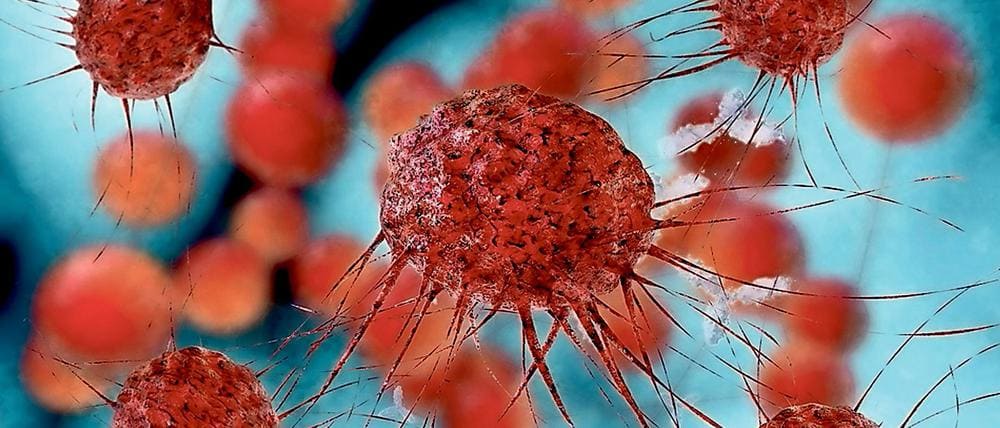KEY TAKEAWAYS
- The study aimed to assess obesity’s influence on ILR success in preventing BRCL post-ALND.
- Researchers observed that higher BMI linked to increased lymphedema risk post-ILR, highlighting the need for BMI cutoffs in candidacy assessment.
Breast cancer-related lymphedema (BRCL) is a potential sequela of high-risk breast cancer (BC) treatment. Preventive treatment with immediate lymphatic reconstruction (ILR) at the time of axillary lymph node dissection (ALND) has emerged as the standard of care; however, there is relatively little known about factors that may contribute to procedural failure.
D’Arcy J. Wainwright and the team aimed to assess the impact of BMI on the success of ILR and to determine if a BMI cutoff should be considered in ILR candidacy to optimize outcomes.
They performed an inclusive analysis using a retrospectively maintained, institutional review board-approved study that followed patients who underwent ILR at the time of ALND at a tertiary care center between May 2018 and May 2023. Patients who presented for at least 1 follow-up visit in the multidisciplinary lymphedema clinic met the criteria for inclusion. Patients who developed lymphedema despite ILR and potential contributing factors were further explored.
About 349 patients underwent ILR at the institution between May 2018 and May 2023. 341 of these patients presented for follow-up in the multidisciplinary lymphedema clinic. 32 (9.4%) patients developed lymphedema despite ILR. This cohort was significantly more likely to be obese (56% vs 35%, P = 0.04). Multivariate logistic regression demonstrates increased odds of procedural failure in patients with a body mass index (BMI) ≥30 kg/m² (odds ratio 2.6 [1.2-5.5], P = 0.01).
The study concluded that patients who develop lymphedema despite ILR tend to have a higher BMI, with a significantly increased risk in patients with a BMI of 30 or greater. These findings are critical for preprocedural counseling and may support a BMI cutoff when considering candidacy for ILR, as well as optimizing failures for secondary lymphedema procedures.
No funding information was provided.
Source: https://pubmed.ncbi.nlm.nih.gov/38857010/
Wainwright DJ, Le NK, Weinstein B, et al. (2024). “The Impact of Obesity on Success of Immediate Lymphatic Reconstruction for Prevention of Breast Cancer-Related Lymphedema.” Ann Plast Surg. 2024 Jun 1;92(6S Suppl 4):S437-S440. doi: 10.1097/SAP.0000000000003956. PMID: 38857010.



